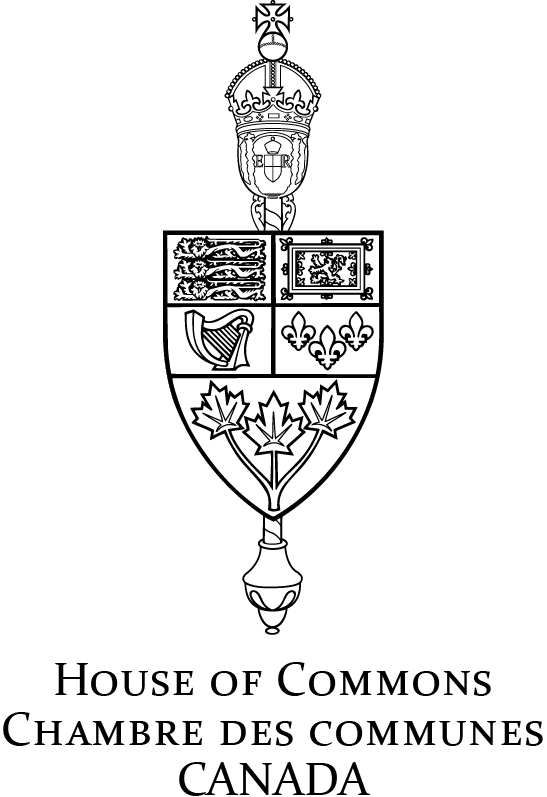SDIR Committee News Release
If you have any questions or comments regarding the accessibility of this publication, please contact us at accessible@parl.gc.ca.
Subcommittee on International Human Rights of the Standing Committee on Foreign Affairs and International Development |  | Sous-comité des droits internationaux de la personne du Comité permanent des affaires étrangères et du développement international |
For immediate release
NEWS RELEASE
SEX TRAFFICKING IN SOUTH ASIA
Ottawa, February 15, 2018 -
On 15 February 2018, the Standing Committee on Foreign Affairs and International Development presented to the House of Commons a report prepared by its Subcommittee on International Human Rights (the Subcommittee) entitled A Global Fight: Supporting Efforts to Address Sex Trafficking in South Asia. The report is based on testimony the Subcommittee received in May and June 2017 from witnesses including grassroots non-governmental organizations (NGOs) and the United Nations Office on Drugs and Crime (UNODC). The Subcommittee focused its study on the six countries under the mandate of the South Asia bureau of the UNODC – Bangladesh, Bhutan, India, Maldives, Nepal and Sri Lanka.
Sex trafficking is universally acknowledged as an abhorrent violation of fundamental human rights; yet the phenomenon continues to be a pervasive problem, and is particularly acute in South Asia. The causes of sex trafficking in the region are several-fold, and include socio-economic inequality; intense migratory flows, including across porous borders; corruption; weak judicial and law enforcement capacities; and culturally-sanctioned discrimination against women and girls, who constitute the vast majority of sex trafficking victims.
South Asian countries have made tangible efforts to combat sex trafficking, including by passing anti-trafficking legislation and building support systems for survivors; however, significant challenges remain. The Subcommittee noted, for example, the lack of reliable data connected to sex trafficking in South Asia, which presents a serious obstacle to addressing and resolving the sex trafficking crisis in the region.
Despite these challenges and a chronic lack of funding, international actors such as the UNODC and NGOs like the Rescue Foundation are doing remarkable work to prevent sex trafficking as well as rescue and rehabilitate survivors. The Subcommittee believes that there are numerous opportunities for the Government of Canada to support and partner with these actors in their efforts to eradicate this heinous crime
In light of what it learned, the Subcommittee urges the Government of Canada to:
1. Use all means to encourage South Asian states to address the impact of corruption on existing national anti-trafficking initiatives;
2. Provide concrete support to regional efforts to collect evidence and information on sex trafficking across South Asia;
3. Make reducing women and girls’ vulnerability to sex trafficking a specific goal in its bilateral relations within the region and a metric through which to evaluate its international assistance policy and programming; and
4. Prioritize support for NGOs working towards preventing sex trafficking and rehabilitating survivors in South Asia in its international assistance programming.
QUOTES
“Canada's Feminist International Assistance Policy includes a commitment to prioritize the eradication of sex trafficking. Shedding light on this largely hidden crime is only the first step. We must partner with South Asian states to enhance their capacity to investigate and hold perpetrators accountable, and support civil society in their efforts to prevent sex trafficking and rehabilitate survivors.”
-Michael Levitt, Chair
“Sex trafficking is a heinous violation of fundamental human rights; it is also a crime whose perpetrators must be brought to justice. We must address these issues, including rampant corruption and culturally-sanctioned discrimination against women and girls. This fight should be a priority for Canada; the complexity of the problem is no excuse for complacency.”
-David Sweet, Vice-Chair
“New solutions are needed to protect the most vulnerable girls and women in South Asia from sex traffickers. Canada must support civil society working on the ground to rescue and rehabilitate survivors, and encourage South Asian states to escalate the fight against this reprehensible crime.”
-Cheryl Hardcastle, Vice-Chair
- 30 -
|